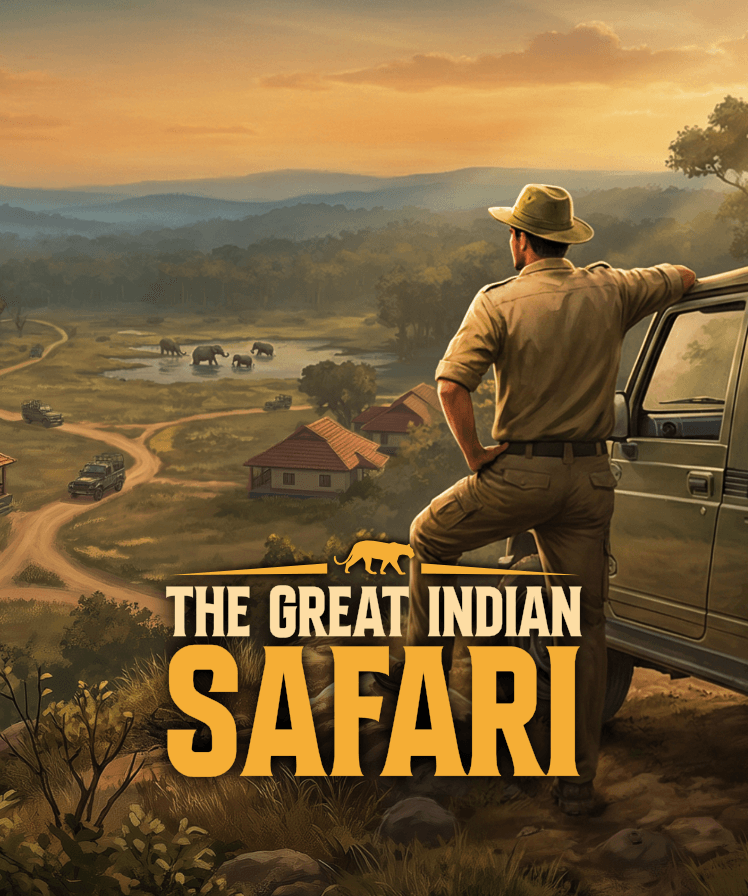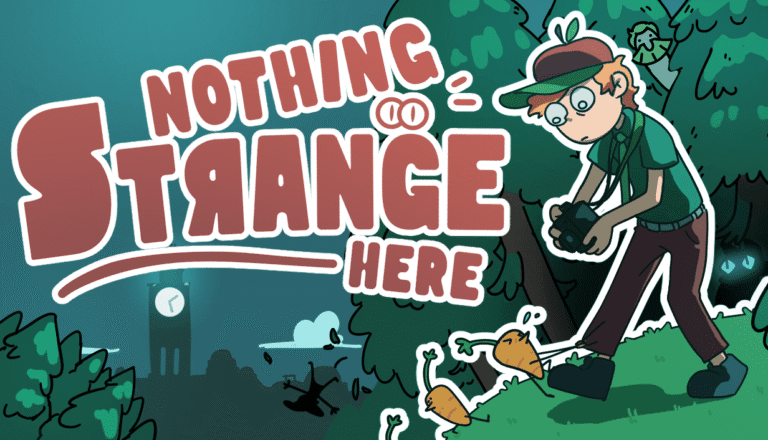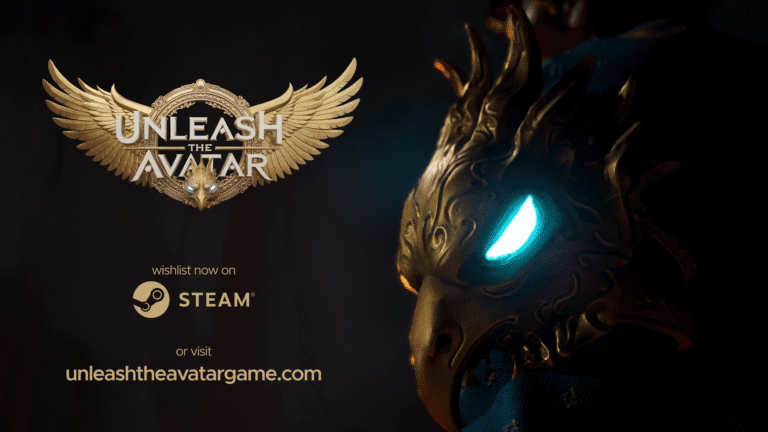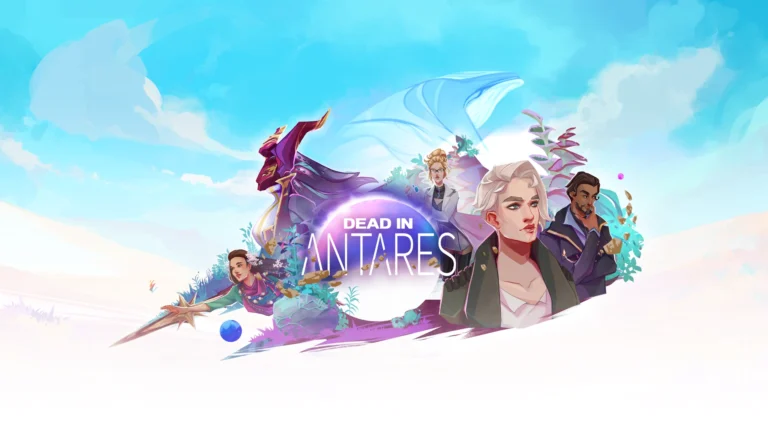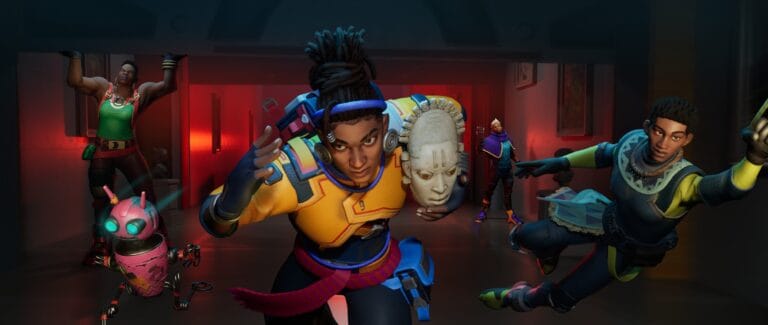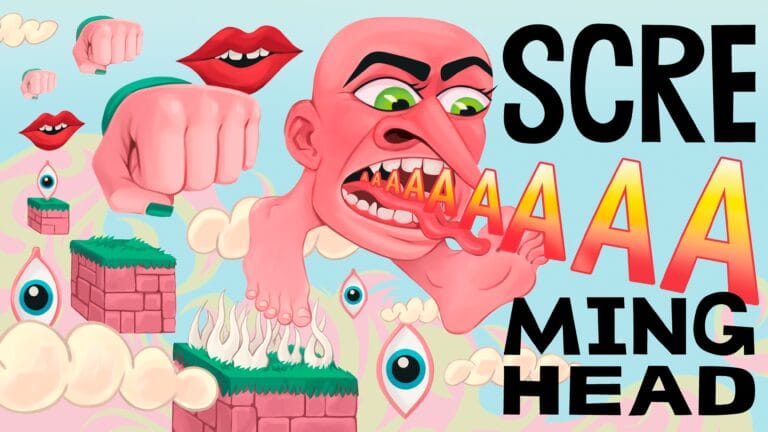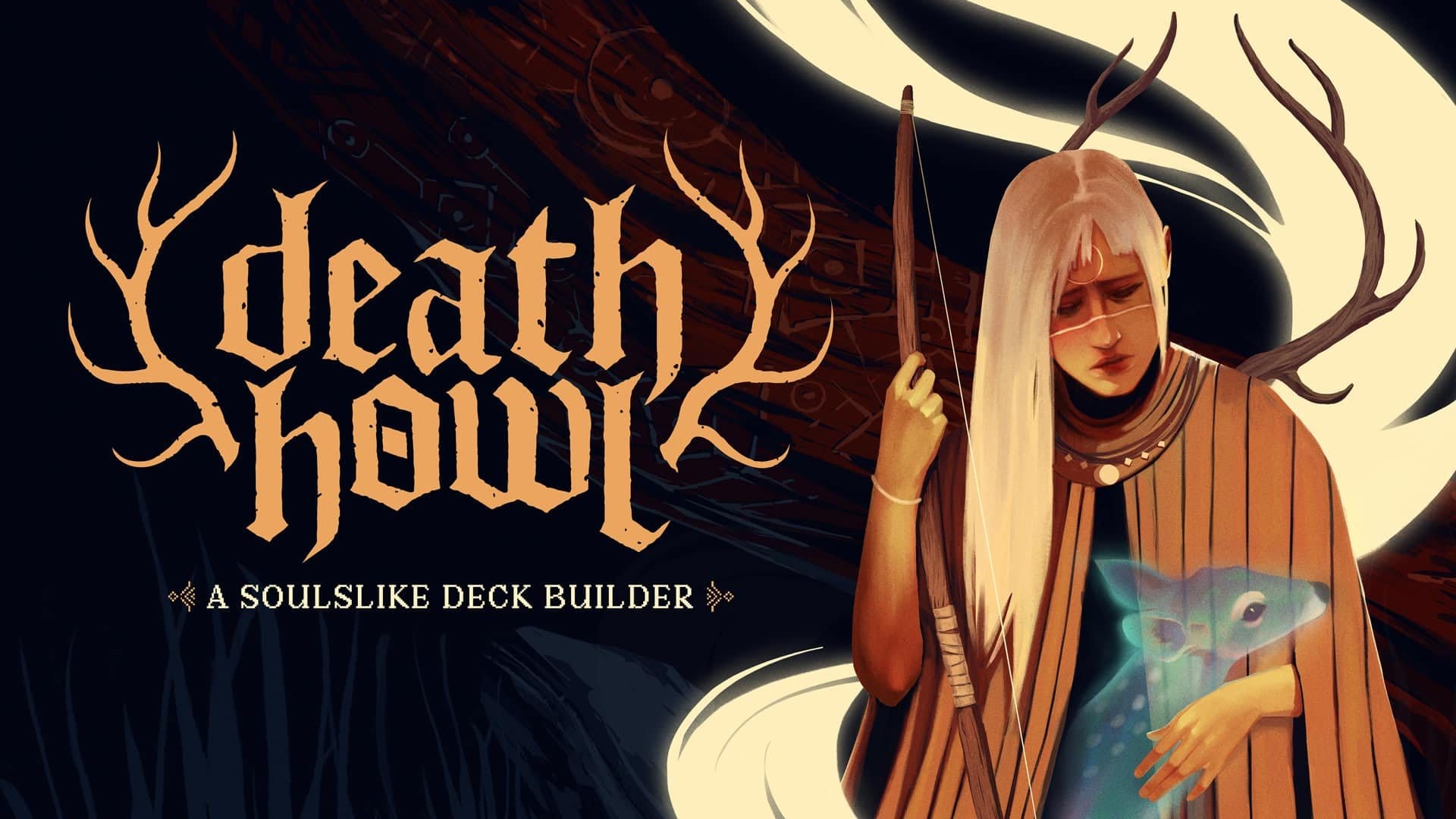
There was a moment in Death Howl when I knew this game was going to be something special. The blood-red hues of a dying world bathed the screen, the wind whispered through trees that seemed to be watching me, and I felt an unshakable sense of dread—not just from the eerie setting but from the weight of every decision I made in combat.
Developed by The Outer Zone and published by 11 bit Studios, Death Howl is a self-described “soulslike deckbuilder,” a phrase that might raise eyebrows. Soulslike games are known for their punishing difficulty, reflex-driven combat, and atmospheric storytelling, while deckbuilders are traditionally slow-paced, strategic affairs. The two genres seem at odds, like oil and water, yet Death Howl blends them seamlessly into something that feels fresh, challenging, and deeply immersive.
After spending time with the game’s demo, I can confidently say that Death Howl isn’t just another indie title chasing the Dark Souls formula—it’s carving out its own legend.
What Is Death Howl?
At its core, Death Howl is a turn-based tactical RPG infused with deck-building mechanics, set in a world inspired by Scandinavian folklore. You play as Ro, a mother whose son has died, and in her grief, she embarks on a perilous journey into the spirit world to retrieve his soul before it’s lost forever.
The game’s world is an unsettling purgatory filled with tormented spirits and hostile creatures, each encounter feeling like a test of both wit and willpower. The game’s isometric 2D pixel art style, dominated by crimson tones and oppressive silhouettes, creates an atmosphere that is both beautiful and terrifying. Death Howl may not have the sprawling 3D environments of a FromSoftware game, but it captures the same oppressive sense of isolation and mystery.
It’s not just about the aesthetic, though. Death Howl embraces the core design philosophies of Dark Souls: methodical combat, high-stakes decision-making, and environmental storytelling. The difference? Every move you make is dictated by your deck of cards, making every encounter feel like a puzzle that must be carefully unraveled.
A Story Steeped in Grief and Myth
One of the most compelling aspects of Death Howl is its narrative, which is rooted in themes of loss, sacrifice, and perseverance. Ro isn’t a warrior in the traditional sense—she’s a grieving mother navigating an unforgiving world, driven by the desperate hope of reclaiming her son’s soul.
The game’s world feels ancient, with cryptic whispers and fragmented stories hidden in the environment. Much like Dark Souls and Hollow Knight, Death Howl doesn’t spoon-feed its lore; instead, it encourages exploration and interpretation. Small details—an abandoned shrine, the way spirits react to Ro’s presence, a cryptic inscription—paint a picture of a world that has existed long before her journey began.
This sense of mystery extends to the NPCs Ro encounters. Some offer guidance, while others seem to have their own agendas. There’s a melancholic undertone to every interaction, reinforcing the game’s theme of walking the line between life and death.
Tactical Combat That Punishes Hesitation

The combat in Death Howl is where the game truly shines. Unlike traditional action-based soulslikes, battles play out in turn-based grid-based encounters. Ro and her enemies move strategically, using a deck of ability cards that dictate attacks, movement, and defensive actions.
At first, the deck-building aspect might seem at odds with the soulslike formula, but it quickly becomes clear how well it works. Just like in Dark Souls, commitment is everything. There’s no undo button—if you play a card or move to the wrong square, you live (or die) with that choice.
Every enemy has distinct attack patterns that demand careful positioning. Birds fire projectiles in straight lines, meaning they’re most dangerous when stationary. Boars charge forward in a frenzy, gaining power with distance traveled. Learning to manipulate these patterns—using movement cards, knockback effects, and status-inflicting abilities—is crucial to survival.
The feeling of progression in Death Howl is less about leveling up and more about mastery. The first time you encounter a new enemy, you’ll likely take a brutal beating. But with each failed attempt, you start to see the patterns, the weak points, the perfect moment to strike. Success in Death Howl is earned, not handed to you.
The Soulslike Loop, Reimagined
One of the defining aspects of soulslike games is their risk-reward structure—do you push forward despite dwindling resources, or do you retreat and risk resetting progress? Death Howl maintains this tension but adds clever twists to the formula.
Instead of being sent all the way back to a checkpoint upon death, Ro respawns just before the fight that killed her, allowing for strategic experimentation rather than sheer frustration. However, healing at a rest point respawns all enemies on the map, forcing players to decide whether it’s worth the cost.
The game also introduces unique mechanics through side quests. One example in the demo involves a lost bluebird that acts as a curse in your deck—if drawn, it revives a random enemy unless removed strategically. This kind of layered, emergent gameplay adds depth and replayability, ensuring every run feels different.
Who Is This For?
If you’re a fan of soulslike games but also enjoy the tactical depth of deckbuilders like Slay the Spire or Monster Train, Death Howl is right up your alley. It’s not a game for the faint of heart—patience, strategic thinking, and a tolerance for failure are necessary.
Fans of narrative-driven indie games, particularly those with a melancholic or mythological tone, will also find a lot to love. Death Howl tells its story in fragments, rewarding players who take the time to immerse themselves in its world.
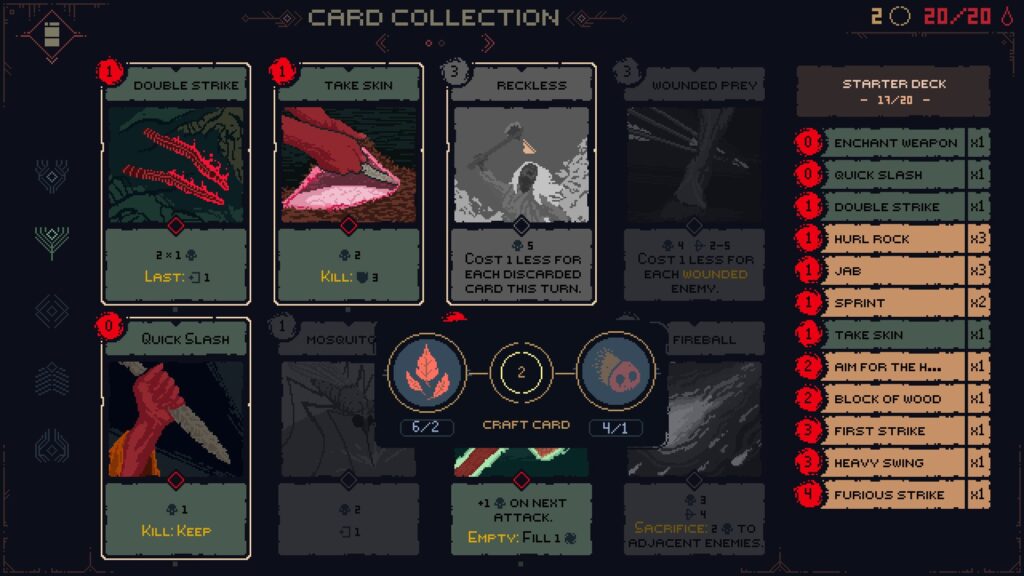
Casual players who prefer faster-paced combat might struggle with its slow, methodical approach. However, for those willing to embrace its mechanics, Death Howl offers a deeply rewarding experience that challenges the mind as much as the reflexes.
What Death Howl Gets Right
✅ A Unique Genre Blend – Successfully merges deck-building with soulslike tension.
✅ Atmospheric Storytelling – A hauntingly beautiful world inspired by Scandinavian folklore.
✅ Strategic Combat – Turn-based battles that demand careful planning and execution.
✅ Satisfying Progression – Feels rewarding without relying on traditional RPG leveling.
✅ Smart Quality-of-Life Features – Respawning near fights reduces frustration while maintaining difficulty.
Potential Concerns
❌ Slow-Paced for Some – The turn-based combat may not appeal to traditional action-focused soulslike fans.
❌ High Learning Curve – Punishing mechanics might alienate casual players.
After my time with Death Howl, one thing is clear: this game is something special. It’s a rare indie title that takes big risks—blending seemingly incompatible genres, telling a deeply personal story, and demanding mastery from its players. And somehow, it all works.
If the full game maintains the quality of the demo, Death Howl has the potential to be a breakout indie hit. Whether you’re a deckbuilder enthusiast, a soulslike veteran, or simply looking for something fresh, keep this one on your radar.
The hunt for Ro’s son is just beginning—and I, for one, can’t wait to answer the call.
Preview was played on PC. Link to Steam Page.
